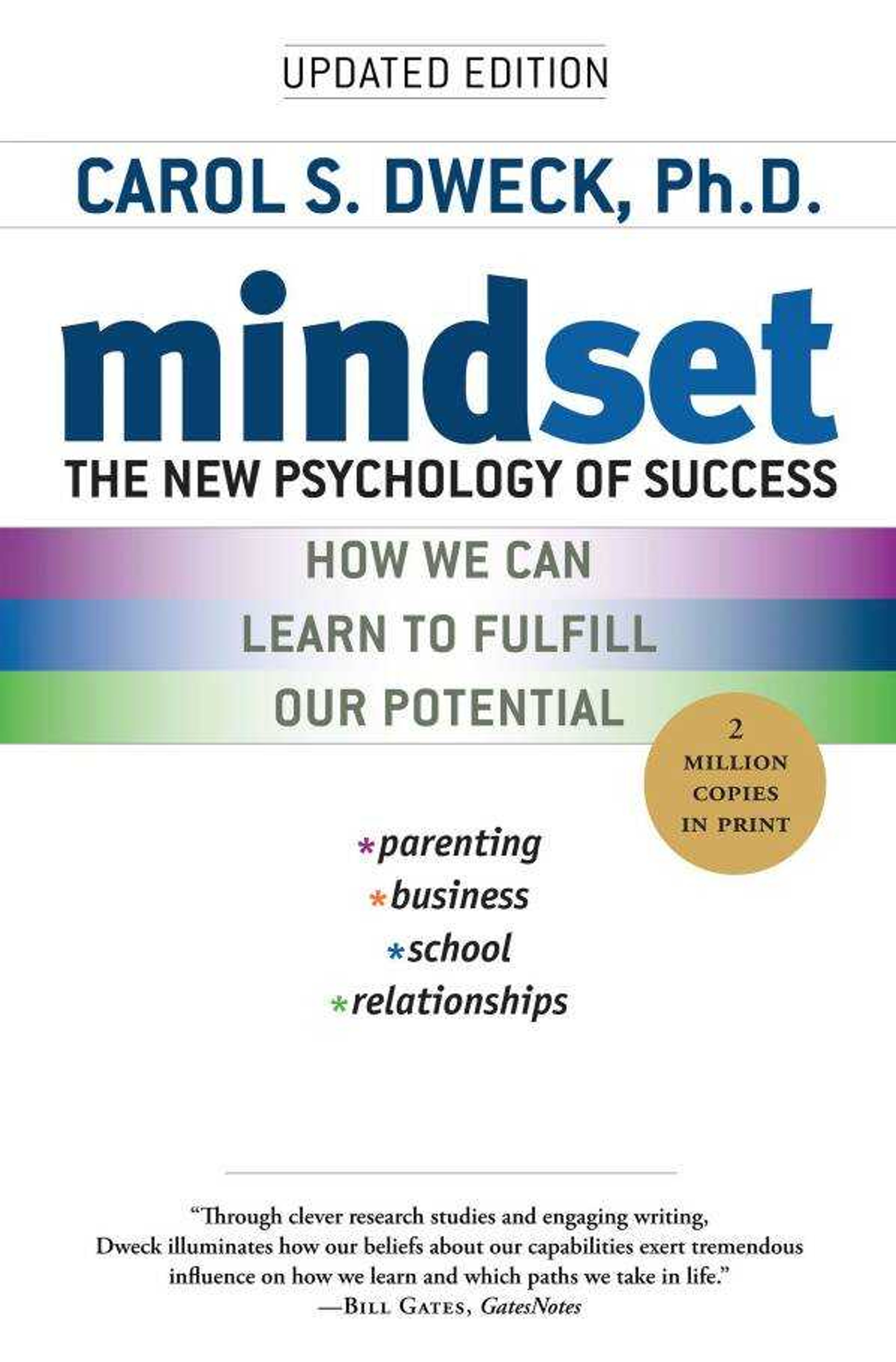Book Review: "Mindset: The New Psychology of Success," by Carol S. Dweck
"Mindset" by Dr. Carol S. Dweck, world-renowned Stanford University psychologist, has been a powerful part of my philosophy on life -- both personally and professionally -- since discovering it several years ago. Dweck coined the terms "growth mindset" and "fixed mindset" after studying the behavior of thousands of children. ...
"Mindset" by Dr. Carol S. Dweck, world-renowned Stanford University psychologist, has been a powerful part of my philosophy on life -- both personally and professionally -- since discovering it several years ago. Dweck coined the terms "growth mindset" and "fixed mindset" after studying the behavior of thousands of children. These terms describe the underlying beliefs people have about learning and intelligence. Those operating from a fixed mindset believe that they can only accomplish so much based on their innate abilities before reaching a plateau. Conversely, folks with a growth mindset believe that with experience, training and perseverance, our abilities can be developed. Dweck demonstrates that advances in neuroscience have proven that we can increase our neural growth based on the actions we take, thus proving the accuracy of the growth mindset. Studies further proved that fixed mindsets can be transformed into growth mindsets and that doing so leads to increased motivation and achievement. After presenting the facts, Dweck introduces tangible ways to apply the principles to one's life. She shares ways to recognize the mindset that is guiding your life, understand it and change it if you wish.
Regardless of whether one manages a Fortune 500 company, a household of children or a small business, these principles apply. Dweck states, "The view you adopt for yourself profoundly affects the way you lead your life. It can determine whether you become the person you want to be and whether you accomplish the things you value."
Growing up, I was a good student, enjoyed school and rarely got in trouble. As a result, I was often praised and rewarded by my parents, grandparents, teachers and peers. Over time, I developed a fixed mindset. I felt that I was intelligent, had good common sense and would do well in most endeavors. At some point in time, when presented with a major challenge I couldn't easily accomplish, I gave up and felt defeated, as though my failure was a direct reflection of my competence. I tried to hide my deficiencies and sought out confidants who would feed my self-esteem instead of challenging me to grow, opting to play it safe and avoid circumstances that could have expanded my horizons and stretched my perspectives. I hadn't yet learned that the beauty of success is often found in learning from failure; that one's true potential is unknown and limitless. According to Dweck, "The passion for stretching yourself and sticking to it, even (or especially) when it's not going well, is the hallmark of the growth mindset. This is the mindset that allows people to thrive during some of the most challenging times in their lives."
The most competent leaders I've known throughout my career operate with a growth mindset. They are vulnerable. They admit their failures. They are open to constructive criticism. They challenge their teams to strive for growth. They thrive on challenge. They are always learning. And as a result, they've been extraordinarily successful.
As executive director of Old Town Cape, I strive to create a culture based on a growth mindset; a culture of teamwork, collaboration and open communication. I seek out learning experiences for myself and my team. I try to foster alternative views and encourage constructive criticism. I also seek to push my team to move toward that space beyond their comfort zone, that space where there is growth, where the magic happens. Because after all, according to Dweck, "People who work in growth-mindset organizations have far more trust in their company and a much greater sense of empowerment, ownership and commitment."
Connect with the Southeast Missourian Newsroom:
For corrections to this story or other insights for the editor, click here. To submit a letter to the editor, click here. To learn about the Southeast Missourian’s AI Policy, click here.






